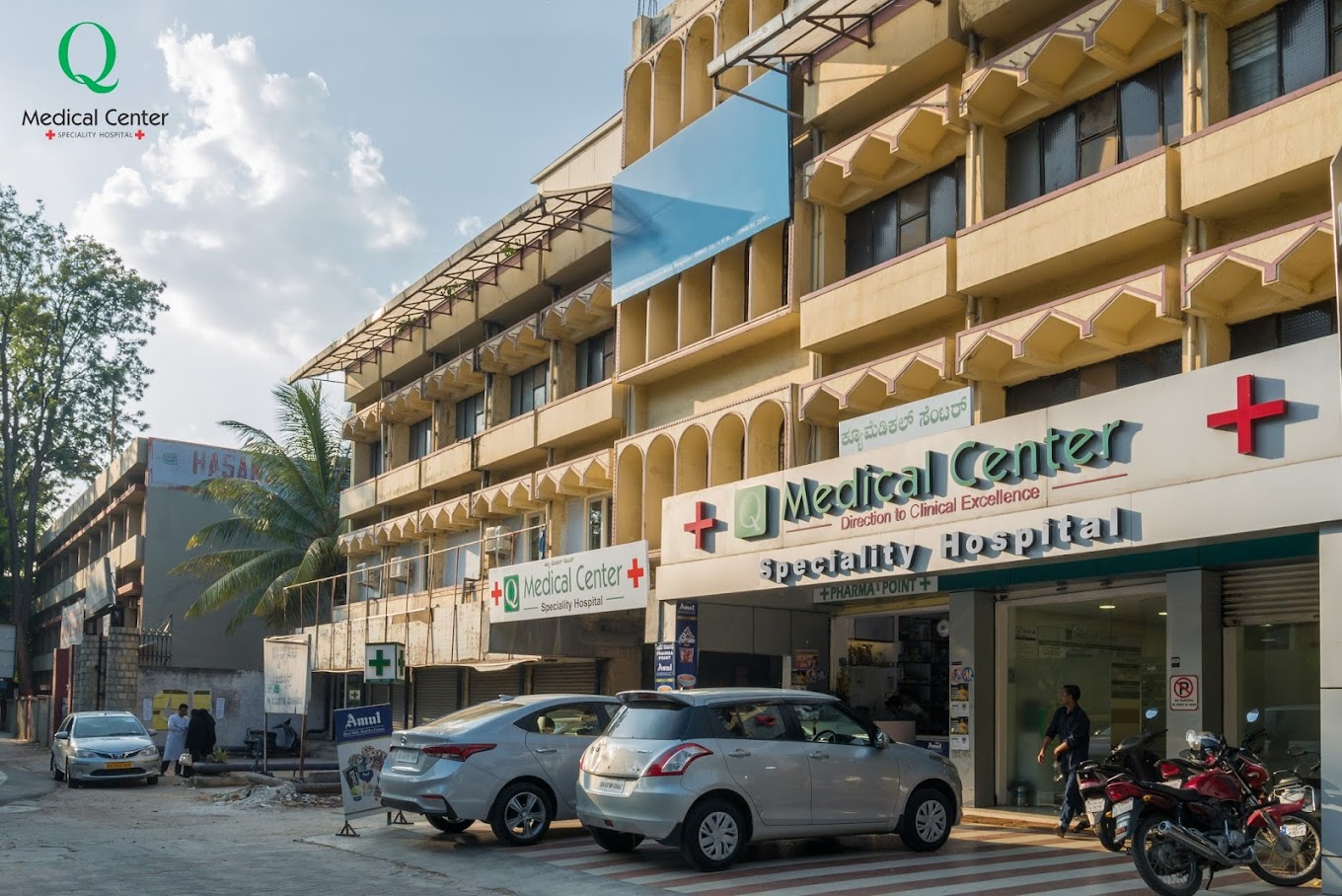











At Q Medical Centre, we diagnose and treat a wide range of urological and andrological conditions, including but not limited to urinary tract infections, kidney stones, prostate disorders, erectile dysfunction, male infertility, and urinary incontinence.
It is advisable to consult a urologist or andrologist if you experience symptoms such as difficulty urinating, frequent urinary tract infections, blood in urine, erectile dysfunction, infertility, or any other concerns related to the urinary tract or male reproductive system.
We offer a range of diagnostic tests, including digital imaging (ultrasound, CT scans, MRI), urodynamic testing, laboratory tests (urine analysis, blood tests), hormone assays, and specialized procedures such as semen analysis and genetic testing.
Our approach to male infertility includes a thorough evaluation of factors such as sperm quality, hormonal balance, and reproductive health history. Treatment options may include lifestyle modifications, medication therapy, surgical interventions, assisted reproductive technologies (ART), or sperm retrieval procedures.
To schedule a consultation with one of our experienced urology or andrology specialists, you can contact our clinic directly via phone, email, or through our website. Our friendly staff will assist you in booking an appointment at your convenience


Typically replies within an hour
Currently we are offline to receive your call. However you can WhatsApp us and we will get back to you soon.
Hello! 👋
How can I help you?